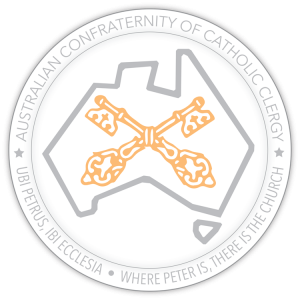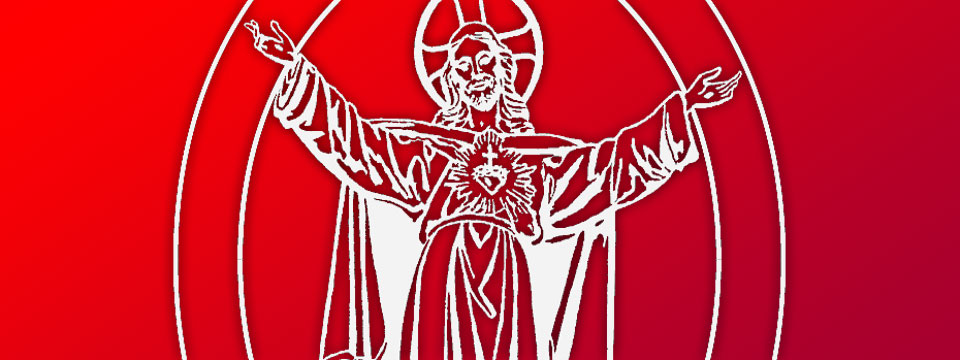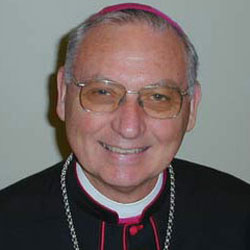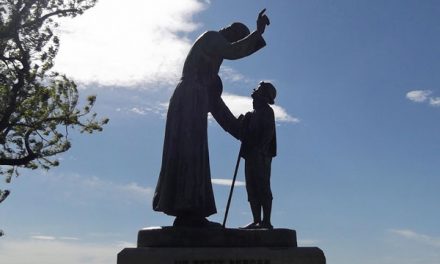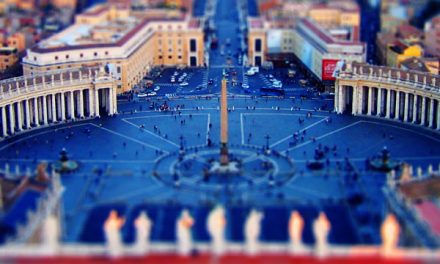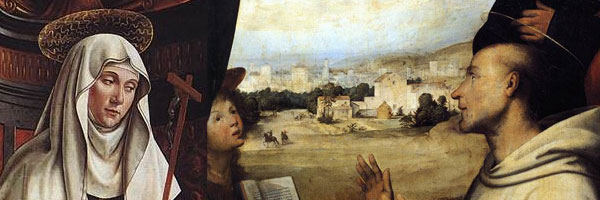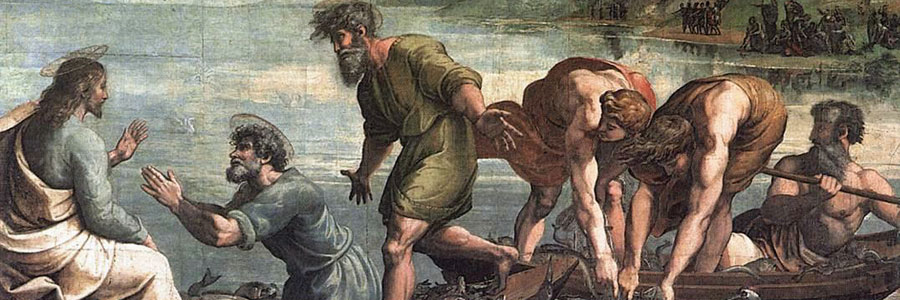Dear Brothers in the Priesthood, Deacons, and brothers and sisters of the lay faithful:
It is with this act of worship, taking our part this evening in the unending sacrifice of praise and thanksgiving which the Church on earth offers to the one True God in and through His eternal Son our Great High Priest, that we commence our International Conference of English-speaking clergy here in Rome in this Year for Priests.
For my own part, I have been looking forward greatly to this week, from Australia where our Confraternity is celebrating its first 25 years. The priests who came together then, in difficult times for priests, formed an association of support and encouragement in conscious faithfulness to the Church in the living of their vocations as her pastors. Many of those men have since been called home to God, and no doubt they rejoice to have seen our Confraternity increase and multiply across the years, gathering into its membership now the greater part of recently ordained priests in our country and a strong representation of seminarians. Our motto is its own declaration of where we have always stood: Ubi Petrus, ibi ecclesia, and it is a particular joy this week to be here where Peter is, in Benedict XVI his successor, at the heart of the Church.
The verses we have heard from the Letter to the Romans (8:3-4) remind us that Rome is also the place of St Paul. After his opening greeting the Apostle expressed his longing to come to Rome, to the mutual encouragement of his and the Roman Christians’ faith. His eagerness to preach the Gospel here was eventually fulfilled in the two years in which he resided here before his martyrdom, and it was from here that he wrote the great letters to the Ephesians and Colossians as well as to the Philippians.
The two verses read in this Vespers express one of the central themes of the Letter: In the final culmination of a loving plan, God has done for us, in what was our terrible plight, what neither the law nor ourselves could possibly do: He sent His Son, in the likeness of our sinful flesh to lift from us the burden of sin, and to transfer us into the Kingdom of the Son, which is life in the Holy Spirit. This is the Church, Christ’s body, the doctrine developed in those other epistles written from this city.
Whatever else the Church might do, and even do very well in the temporal order, in her works of charity and mercy, and advocacy in the field of the politics of the day, everything originates and depends upon the work which belongs absolutely to her essence: the work of evangelism and the conversion of human hearts to the Gospel of God’s grace, a work announced in words — JESUS IS LORD, and accomplished in deeds — LIVING HIS LIFE.
This is a work, however, which can never be taken for granted in today’s world, as Pope John Paul challenged us in his repeated calls for a New Evangelisation. The meaning of what God has done for us in Christ has to be announced and explained as the fulfilment of the mystery of human existence,and indeed as the destiny of the created order. When in the human heart faith finds understanding of these realities, all else can follow: the Church, the Mass and Sacraments, the call to a spiritual and moral life which transcends merely human possibilities, and of course, the priesthood.
It is fitting that this Year for Priests should follow the Year of St Paul. A document which I believe should be our constant reference point and a source of reflection as this year goes on is the Holy Father’s Letter of 16 June last year announcing the Year for Priests.
The simple but forceful thrust of the St John Vianney’s catechesis, parts of which Pope Benedict quotes, is that the priest’s ministry is integral, essential, in the carrying forward in every age of precisely that work of redemption, justification, reconciliation of which St Paul speaks:
Without the priest the Passion and death of Our Lord would be of no avail. “Look at the heathens”, the Curé exclaims, “what has it availed them that Our Lord has died? Alas! they can have no share in the blessings of redemption while they have no priests to apply His Blood to their souls.” …… “When you see the priest, think of Our Lord Jesus Christ.”
Many of us at this Conference have lived through those lean years since the late sixties which saw so many negative intrusions into the life and faith of the Church: the abandonment by many of absolutes, sometimes even a ridicule of certitude and of objective norms of faith and morals; the widespread adoption of a “low Christology” which portrayed the person of Our Lord chiefly as a moral exemplar, a figure more surrounded by sentiment than worshipped and followed in faith.
Consequently and inevitably, there came upon many parts of the Church a “low” doctrinal appreciation of the Church, the Eucharist and the priesthood, and confusion around new lay ministries in relation to that of the priest.
It was in this environment that many priests were to find support in fraternities such as our own. They have played no small part in helping us to continue strongly and faithfully, and in encouraging many new vocations to our ranks.
Among us now is to be found a real spirit of optimism as we leave that recent past behind, and move with confidence, with the Church, gathering more and more her perennial strength, revealing to a new generation the unfading beauty of her faith, her doctrines, her liturgy, and of course, the wonder of the gift of a priestly vocation.
As we look forward to the nourishment which these days will bring to those of us fortunate to be present, let us keep in mind in our worship and prayers our many brothers at home, and be prepared to take back to share with them some of the blessings of this week.
Through the intercession of the Blessed Virgin, Mother of priests and Queen of the clergy, may this international Conference be a blessed and memorable moment for us in the Year for Priests.
